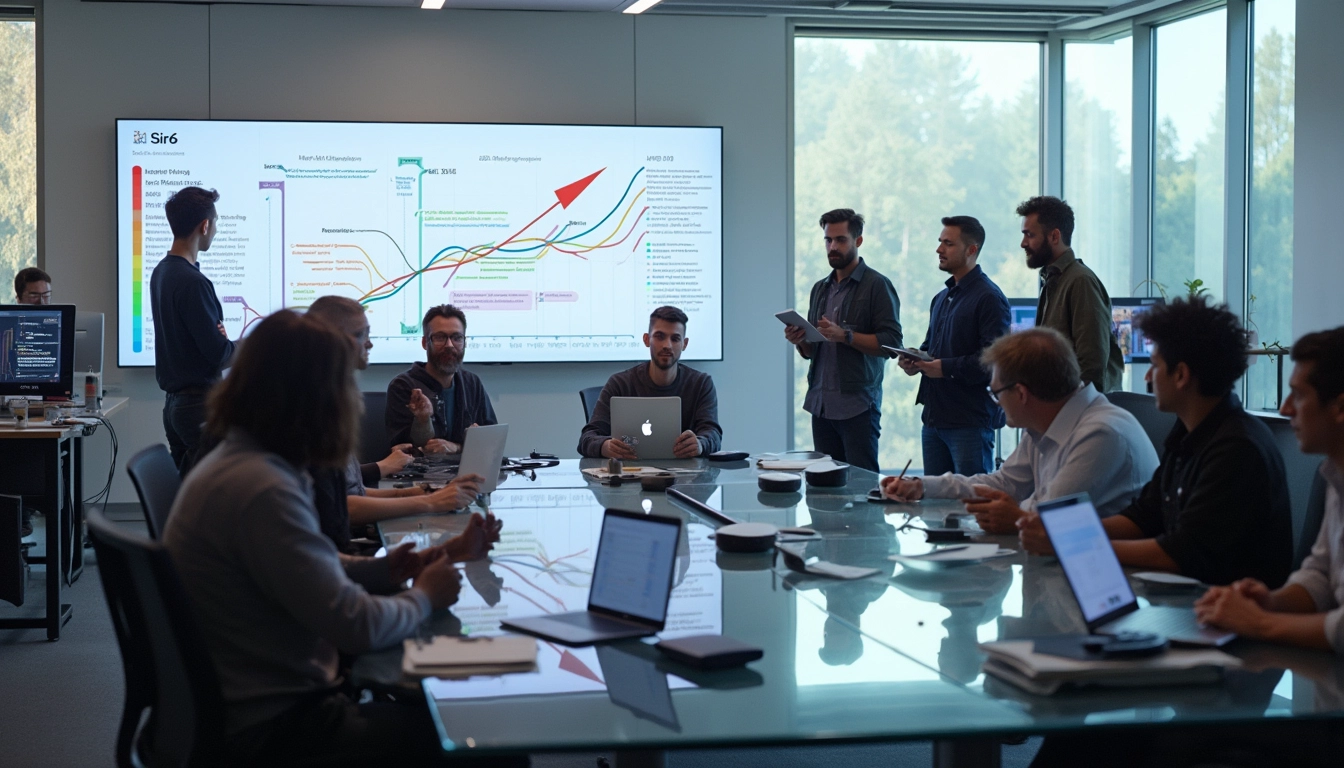
Apple Delays Revolutionary Siri AI Upgrade Launch Until 2026
Apple’s ambitious plans to revolutionize Siri with advanced AI capabilities have hit a roadblock, as the tech giant announces a significant delay in the rollout of Siri 2.0 until 2026. The postponement affects major upgrades including enhanced cross-app functionality and improved natural language processing, originally scheduled for release with iOS 18 in 2025.
Key Takeaways:
- Technical challenges and resource allocation issues have forced Apple to push Siri’s major upgrade to 2026
- The delay impacts planned improvements in personalization and app integration features
- Apple’s commitment to on-device AI processing for privacy creates unique development hurdles
- The postponement puts Apple further behind competitors like Amazon’s Alexa in the AI assistant race
- The new timeline suggests a complete rebuilding of core components for better performance
Technical Challenges Behind the Delay
The development of Siri’s next generation has encountered significant obstacles, primarily centered around performance optimization and system integration. Apple’s engineering teams face the complex task of implementing advanced AI features while maintaining the smooth operation across iOS devices. The integration of improved natural language processing capabilities has proven particularly challenging, requiring substantial computational resources without compromising device performance.

Privacy-First Approach Impact
Apple’s steadfast commitment to user privacy through on-device processing creates unique challenges in developing advanced AI capabilities. Unlike competitors who rely heavily on cloud processing, Apple’s approach requires sophisticated local processing solutions. This architectural decision, while beneficial for user privacy, has contributed to the delayed timeline for implementing enhanced features.
Competitive Landscape
The delay in Siri’s upgrade places Apple in a challenging position within the AI assistant market. While competing platforms continue to advance their capabilities, Apple’s focus on privacy-centric development has created a notable gap in feature parity. This situation becomes particularly relevant as users increasingly rely on voice assistants for daily tasks and complex interactions.
Future Expectations
Despite the setback, the planned 2026 release promises significant improvements to Siri’s capabilities. Users can expect enhanced personalization features and more sophisticated natural language understanding. The extended development period also allows Apple to refine its integration with mobile devices and ensure a more reliable user experience.
Development Priorities
Apple’s development team is focusing on several key areas for improvement:
- Enhanced cross-app functionality for seamless task completion
- Improved context awareness across different user scenarios
- Advanced natural language processing capabilities
- Optimized on-device AI processing
- Stronger app integration frameworks


